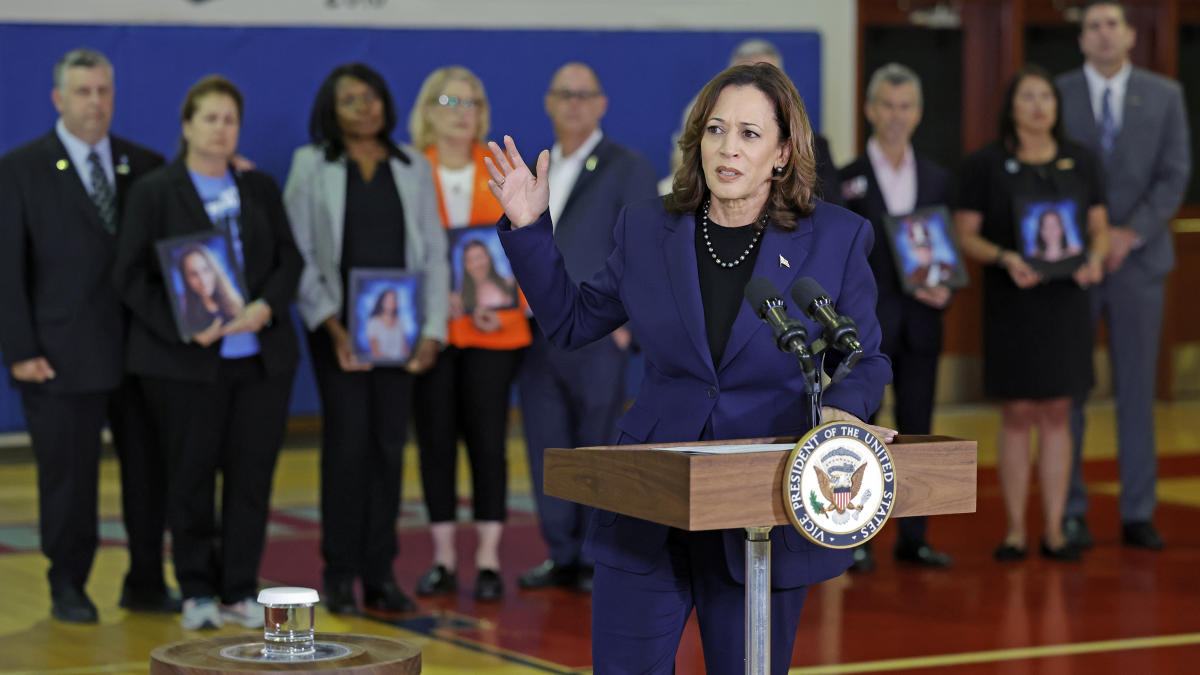The law empowered the state to seize weapons from anyone who is reported to be at risk of using them to commit a crime. The report could come to law enforcement from a family member or friend, and state records show more than 12,000 people have temporarily lost access to their firearms in the five years since the law was passed.
Under the law, a judge can grant a temporary risk protection order enabling law enforcement to keep a gun owner from having access to their weapons. The guns can be placed in the care of a family member or trusted friend, as long as the person named in the order can’t get their hands on it.
After 30 days, police can decide whether to seek a final order, which blocks the person’s access to guns for at least a year, unless it’s renewed.
Karl Chludinsky had his guns returned to him in April 2023 after losing access to them for more than a year under the law. But the risk he posed wasn’t over. On March 21, he died in a shootout with Fort Lauderdale police at the Holiday Inn Express on Southeast 17h Street. Chludinsky shot one officer, who survived.
Advocates say the preemptive nature of the law is critical.
“The law’s been used 12,000 times,” said Fred Guttenberg, who became one of the state’s leading gun control advocates after his 14-year-old daughter, Jaime, was murdered at Stoneman Douglas. “We know from law enforcement reports that there are many potential threats that were stopped before they could happen.”
But when it comes to whether the law is having a lasting impact on crime in Florida, the answer is elusive, partly because it’s not the only factor to consider.
According to the Centers for Disease Control, gun deaths in Florida rose from 12.9 per 100,000 in 2018 to 14.1 in 2023.
Overall, incidents described as “mass shootings” have declined in Florida, according to the Gun Violence Archive, a private nonprofit that analyzes news reports and law enforcement statistics. The GVA defines “mass shootings” as incidents in which a minimum of four people are shot, whether or not they die from their injuries.
“That is one way to look at it,” Guttenberg said. “Another way is to recognize that there are simply far more guns in Florida than there were five years ago.”
Guttenberg is far from the law’s only champion.
“There’s no question that it has prevented harm. No doubt in my mind,” said Pinellas County Sheriff Bob Gualtieri, who was chairman of the statewide Marjory Stoneman Douglas Safety Commission, which advocated for the law and other reforms since the shooting.
After touring the Stoneman Douglas shooting site last weekend, Vice President Kamala Harris announced a push to expand red flag laws across the nation through a new National Extreme Risk Protection Order Resource Center.
Gun rights advocates were initially cautious about criticizing the law immediately after it was implemented, but they’ve been more open in their opposition as the years have passed.
Writing in The Federalist, a conservative online magazine, Crime Prevention Research Center President John Lott said the laws don’t give wrongly accused gun owners enough power to protect their interests.
“Congress never authorized the U.S. Department of Justice to create this resource center,” Lott wrote with U.S. Rep. Thomas Massie, R-Kentucky. “A judge acts solely on the basis of a written complaint. He never talks to the person who made the complaint or the person against whom it was made.”
To illustrate their point, Lott and Massie cited use of the law last year against Andrew Pollack, another father of a slain Stoneman Douglas student, Meadow, 18. Pollack, who now lives in Oregon, had his guns returned after a judge determined he never made any threat that showed he was at risk of using them.
Pollack criticized the ability of police to seize weapons before the alleged threat is properly assessed. “Is the guy threatening to kill people? Arrest him,” Pollack said. “But there has to be due process before the guns are taken away, not after. You can’t just go take their guns away.”
Fort Lauderdale lawyer David Brill, who represents Pollack locally said the fact that the law can be abused should not detract from its value. “There’s always going to be someone who’s going to abuse the intent and spirit of a given provision for his or her own benefit,” he said. “There is a lot of benefit that could accrue from this law. We just need to be careful that it’s not abused.”
Rafael Olmeda can be reached at rolmeda@sunsentinel.com or 954-356-4457.
